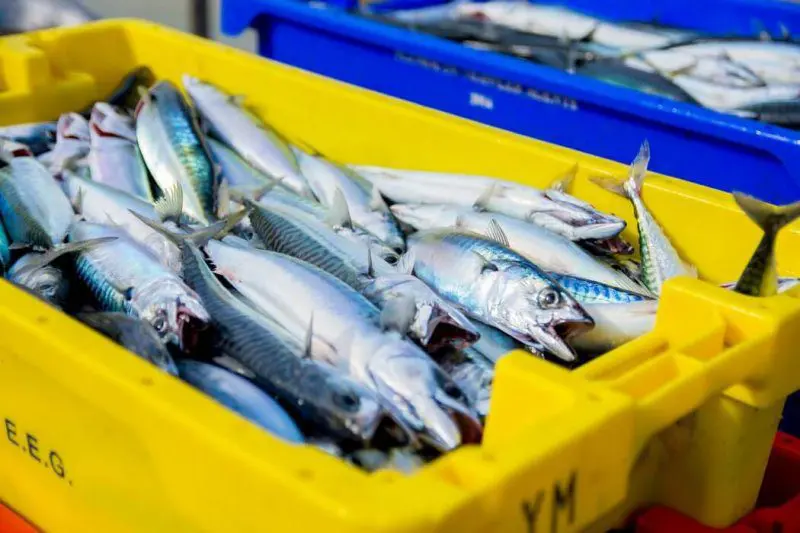This will ensure that European fishing companies can continue their business after March 31, said Ricardo Santos, Portuguese Minister of Maritime Affairs and current chair of the ministerial meeting. According to the European Union’s Commissioner for Fisheries, Virginius Sinkivius, the agreement states that the total catch corresponds to seventeen scientific recommendations for 2021.
The background to this is negotiations with the UK on common equity. After the British left the European Union, there was a complex dispute over the total catch and its distribution. At times, negotiations on a trade pact on Brexit threatened to fail over the fish issue. After the agreement between the countries of the European Union, the next step will be to continue negotiations with Great Britain. “The agreement provides for total primary catches by July 31,” Sinkevičius explained.
Since Brexit negotiations continued until Christmas 2020, EU countries only agreed to temporary fishing rules for shared stocks with the UK in mid-December. Many fish stocks are depleted or endangered. Environmentalists have long called for restricted hunting to protect ecosystems from severe damage.
The meeting’s second major construction site is the imminent reform of the European Union’s multi-billion dollar Common Agricultural Policy. “The Agricultural Council today is about potential settlement lines with the European Parliament on the Common Agricultural Policy,” Federal Agriculture Minister Julia Kluckner (CDU) said on Twitter. The European Union countries are currently trying to agree on a common line with the European Union Parliament. The Green Group complains that the national ministers are not willing to make concessions.
And Martin Hosling, a spokesman for agricultural policy in Green in the European Parliament this afternoon, predicted that the negotiations between Parliament and the European Union countries scheduled for Friday will end in chaos. So far, MEPs have not had an agenda and no middle lines have been introduced by the European Union Commission and national agriculture ministers. WWF has criticized the fact that Kluckner has thwarted effective environmental and climate goals “wherever possible.”
The sticking point in the negotiations between the European Union and Parliament is how to make agriculture more environmentally friendly in the coming years. Among other things, it concerns the question of whether the so-called environmental regulations should be determined at the European level or only at the national level. While Parliament defends an opinion at the level of the European Union, the countries of the European Union support national sovereignty. There are also different views on how much CAP money should be paid based on environmental rules. Parliament supports 30 percent, and member states support 20 percent.
© dpa-infocom, dpa: 210323-99-938198 / 3
“Alcohol buff. Troublemaker. Introvert. Student. Social media lover. Web ninja. Bacon fan. Reader.”







